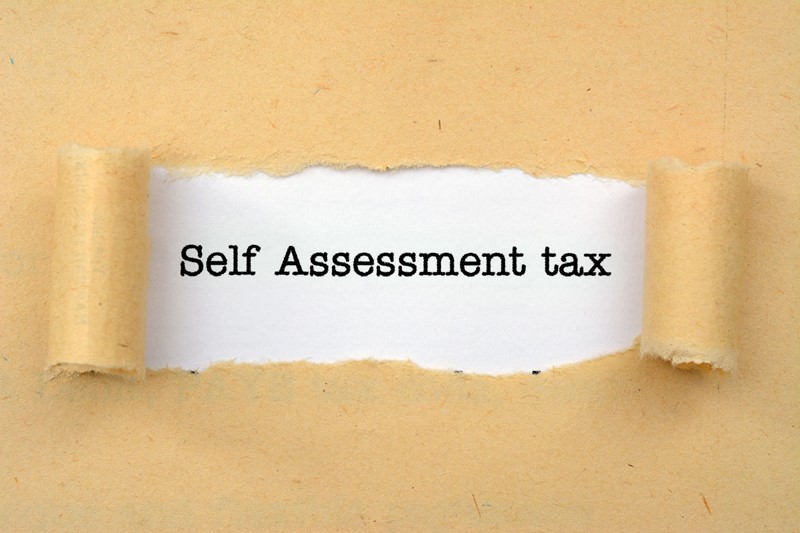Self-assessment taxpayers are usually required to pay their income tax liabilities in three instalments each year. The first two payments on account are due on 31 January during the tax year and 31 July following the tax year end date.
These payments on account are based on 50% each of the previous year’s net income tax liability. In addition, the third (or only) payment of tax will be due on 31 January following the end of the tax year. If you think that your income for the next tax year will be lower than the previous tax year, you can apply to have your payment on account reduced. This can be done using HMRC’s online service or by completing form SA303.
Please note that you do not need to make any payments on account where your net Income Tax liability for the previous tax year is less than £1,000 or if more than 80% of that year’s tax liability has been collected at source.
There are no restrictions on the number of claims to adjust payments on account a taxpayer or agent can make. The payments are based on 50% of your previous year’s net income tax liability. If your liability for 2024-25 is lower than 2023-24 you can ask HMRC to reduce your payment on account. The deadline for making a claim to reduce your payments on account for 2024-25 is 31 January 2026.
If taxable profits have increased there is no requirement to notify HMRC although the final balancing payment will be higher.


